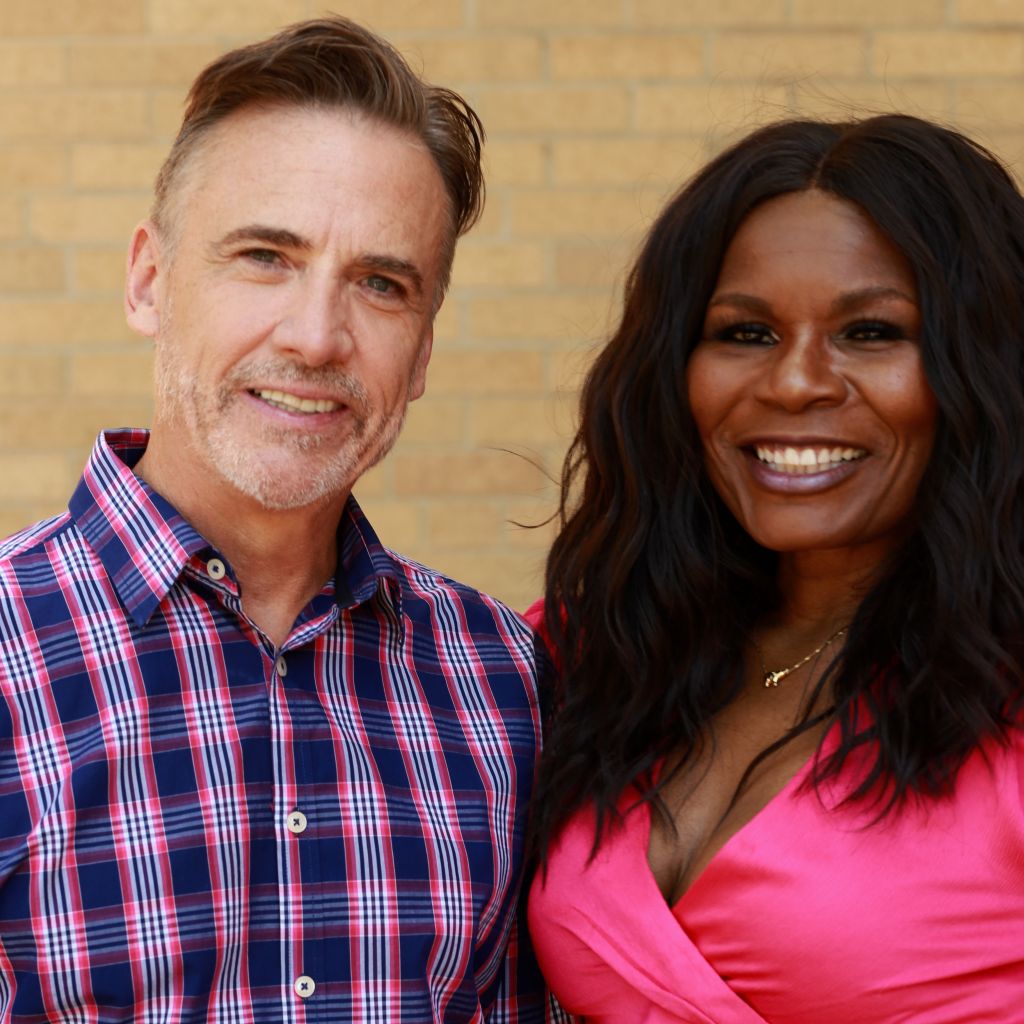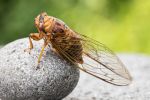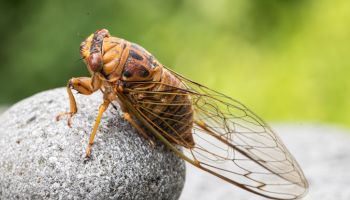
Source: Mykola Sosiukin / EyeEm / Getty
“Don’t worry…I am not going to ruin coffee for you, I am going to make it better, but be warned….this one’s going to sting for some because it did for me. Ever since I was a child, I have loved the taste of coffee. I was the only kid in first grade whose favorite flavor of ice cream was coffee. With that being said, I also have ADD and I’m very hyper and never sit still so I drink decaf.!(I won’t get in to why caffeine is bad for you…that’s in a previous blog of mine). Anyway, I just simply love the taste of coffee and as with anything that goes in my body, I am particular and do my research.”
In the past 12 years I have traveled a lot….Scandinavia, Adriatic coast, Mexico, Hawaii, South America, Central Europe and this has made me realize that the coffee here in the United States is subpar. For the past six years I’ve been trying to find the perfect cup of coffee here in the states. Only 3% of coffees available worldwide today are grown using organic methods, which means 97% are treated with pesticides and other chemicals, but it doesn’t stop there. The US gets their beans from other countries as well and many of these are treated for travel and have mold from packaging and storing.
You THINK coffee is just coffee….but most beans sold in stores have mold, toxins, and pesticides. There are enough pesticides in ONE cup of conventional coffee to show up in your bloodwork. Many conventionally grown coffee contains health-harming contaminants like Ochratoxin A, Acrylamide, Polycyclic Aromatic Hydrocarbons, yeast, and pesticides. Here’s the breakdown:
Ochratoxin A is classified as a carcinogen by the US Government and categorized as a mycotoxin.It causes oxidative stress in the body, which impairs mitochondrial function, and disrupts protein synthesis. This can lead to a variety of symptoms like memory problems, brain fog, Chronic Fatigue Syndrome, night sweats, dizziness, and even hair loss. Over time, Ochratoxin A can damage your DNA and significantly compromise your immune system, potentially leading to liver cancer, kidney cancer, and neurodegenerative diseases such as Alzheimer’s and Parkinson’s. Some of the first signs of mold exposure are fatigue, weakness, and sinus infections.
Acrylamide is also classified as a probable human carcinogen by the US Government and has also been shown to be a neurotoxin that can damage nervous system function.
If you thought Ochratoxin and Acrylamide were bad, meet Aflatoxin B1. This toxin is known as the most potent natural carcinogen and is classified as a mycotoxin. It primarily occurs during the pre-harvesting stage of coffee bean farming, but also can form in the storing and processing stages.
A diet with exposure to aflatoxins has been linked to liver cancer in humans, and a study on peanut factory workers exposed to dust contaminated with Aflatoxin B1 showed a link to respiratory cancer and total cancer compared to workers who weren’t exposed.
No other natural product has data that so definitively proves its status as a human carcinogen so this is one you definitely want to avoid.
Another health-harming toxin to look out for in your morning brew is Polycyclic Aromatic Hydrocarbons (also know as PAHs). PAHs are classified as probable carcinogens by the US government and short term exposure to PAHs is linked to cancer.
Yeast is totally natural from the fermenting process, but if your coffee contains high levels of yeast, there are two primary reasons: poor handling during roasting or cross contamination with yeast-containing green (unroasted) coffee.
Though the low levels of yeast present in coffee isn’t a problem for most, it can be dangerous for those with allergies and sensitive immune systems. Especially for those with immune conditions, exposure to yeast can cause an imbalance in the gut microbiota and lead to changes in the T-cells, the cells that help in the immune response, causing inflammation.
Pesticide exposure is linked to a number of troubling health issues like: ADHD, Alzheimer’s, birth defects, several cancers, depression, fertility issues, immunity damage, low IQ in kids, Parkinson’s Disease and respiratory problems.
“The chains (that shall not be named) sell beans that are full of pesticides and mold. Mold. That, my friends, is disgusting. What’s even worse is the brands at the store test regularly for high levels of molds…even some organic ones if they are on the shelf too long. You’re paying for mold. Thanks, but I’ll pass.
Ever wonder why coffee makes things “move” in your intestines? Pesticides will help do…clear the system.
As it turns out quality organic coffee does not do that to you.
“Just remember, it really matters the QUALITY of everything that goes in and on your body. If you’re going to drink copious amounts of coffee, make sure it’s small batch organic. Check local coffee shops and ask the origin…then you can be sure AND support small business!”
As mentioned earlier, I love coffee, but I would really love for it to be pesticide and mold free. I have several brands that I can recommend, just comment or message me!”
















